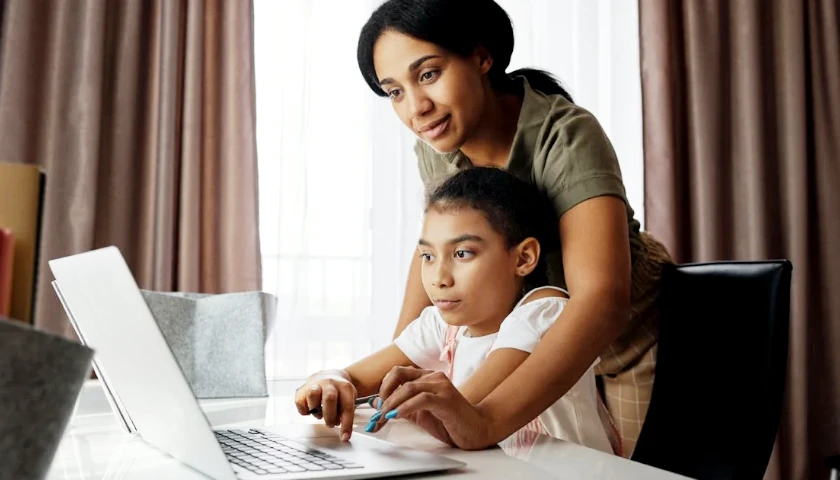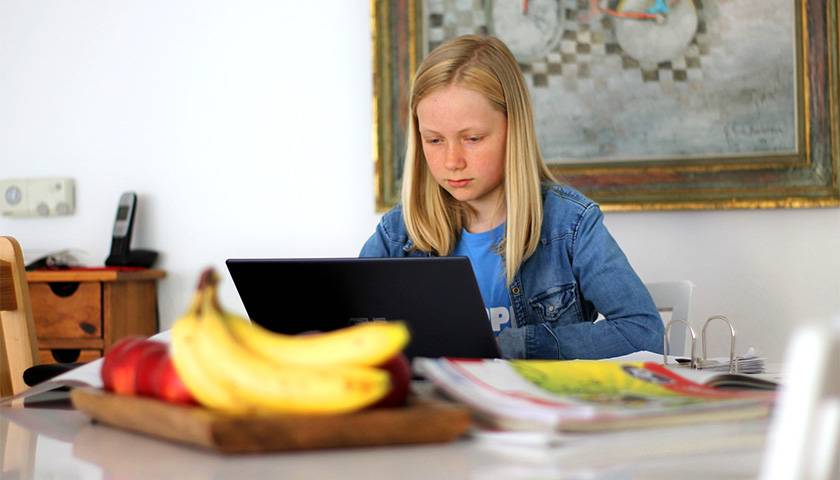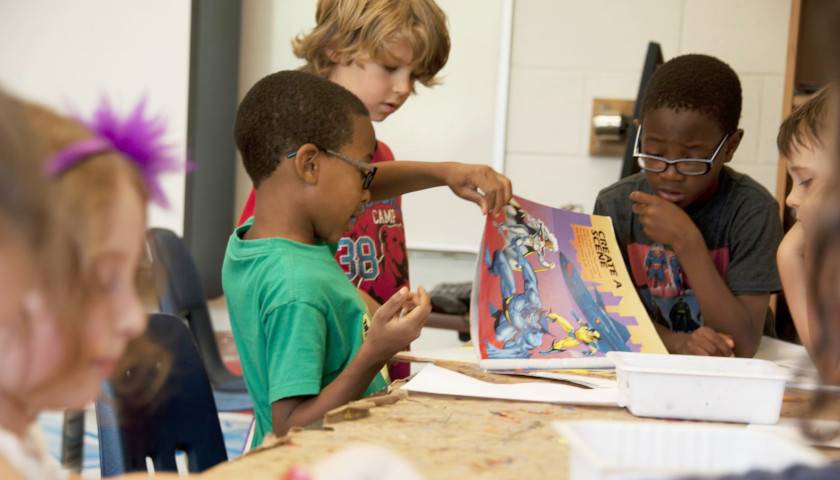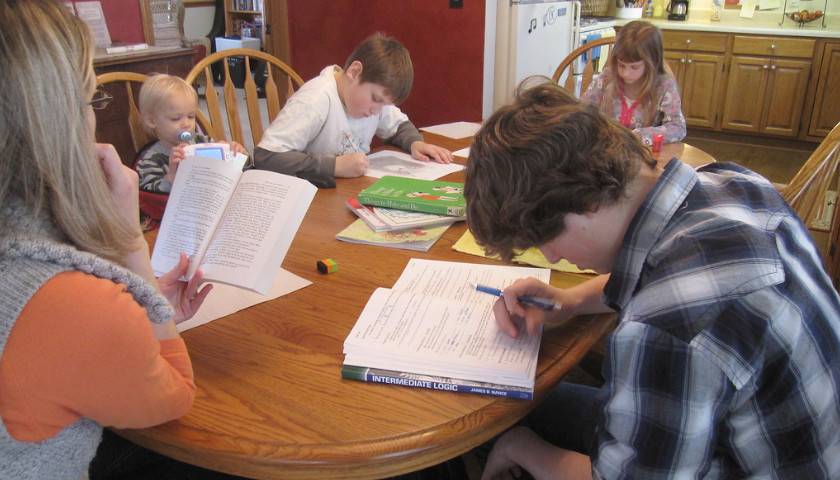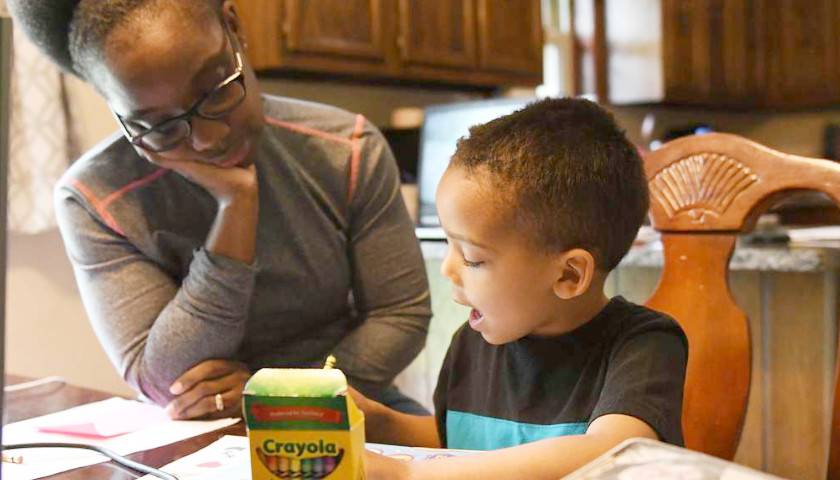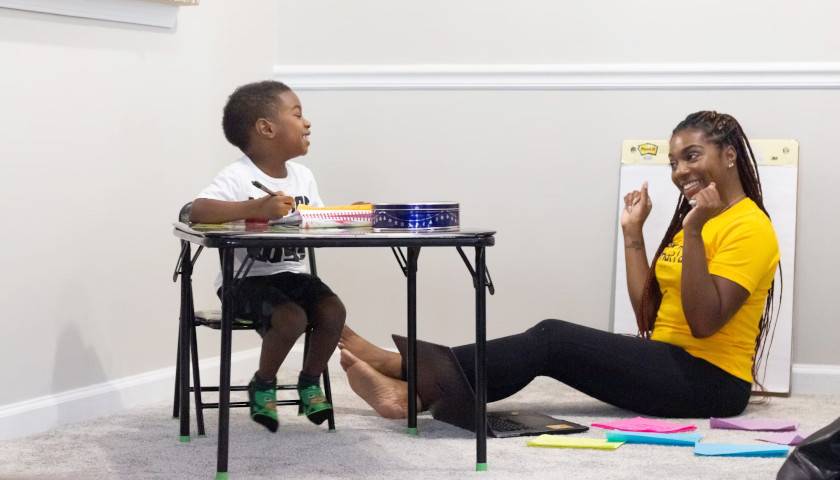It’s true. Sometimes homeschoolers do school in their pajamas.
But that wasn’t the norm in my home when I was growing up. Generally, my mother kept us to a set schedule. Piano practice was at 8:15 sharp. Math class started at 9:00. The other subjects fell into place around that. Often, we finished our work by lunchtime, after which my sister and I would go outside and play in the woods behind our house, read, draw, or work on some other personal hobby.
Read More
